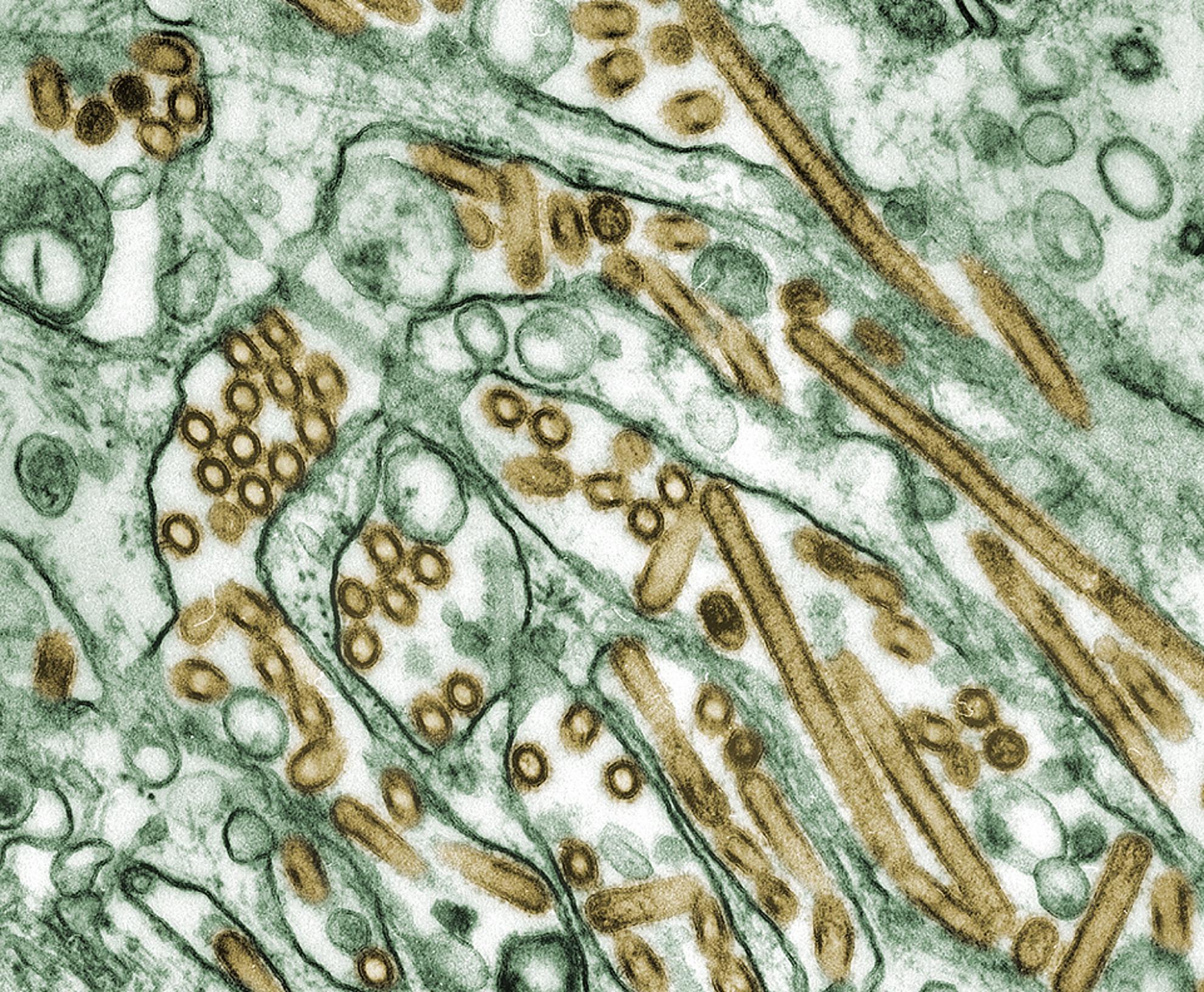Lack of IFNγ signaling attenuates spread of influenza A virus in vivo and leads to reduced pathogenesis
IFNγ is a key regulator of inflammatory responses but its role in influenza A virus (IAV) pathogenesis is unclear. Our studies show that infection of mice lacking the IFNγ receptor (IFNγR-/-) at a dose which caused severe disease in wild type 129Sv/Ev (WT) mice resulted in milder clinical symptoms and significantly lower lung virus titers by 6 days post-infection (dpi). Viral spread was reduced in IFNγR-/- lungs at 2 and 4 dpi. Levels of inflammatory cytokines and chemokines were lower in IFNγR-/- mice at 2 dpi and there was less infiltration of monocyte/macrophage lineage cells than in WT mice. There was no difference in CD4+ and CD8+ T cells and alveolar macrophages in the bronchoalveolar lavage fluid (BALF) at 2 and 4 dpi but by 4 dpi IFNγR-/- mice had significantly higher percentages of neutrophils. Our data strongly suggest that IAV can use the inflammatory response to promote viral spread.
